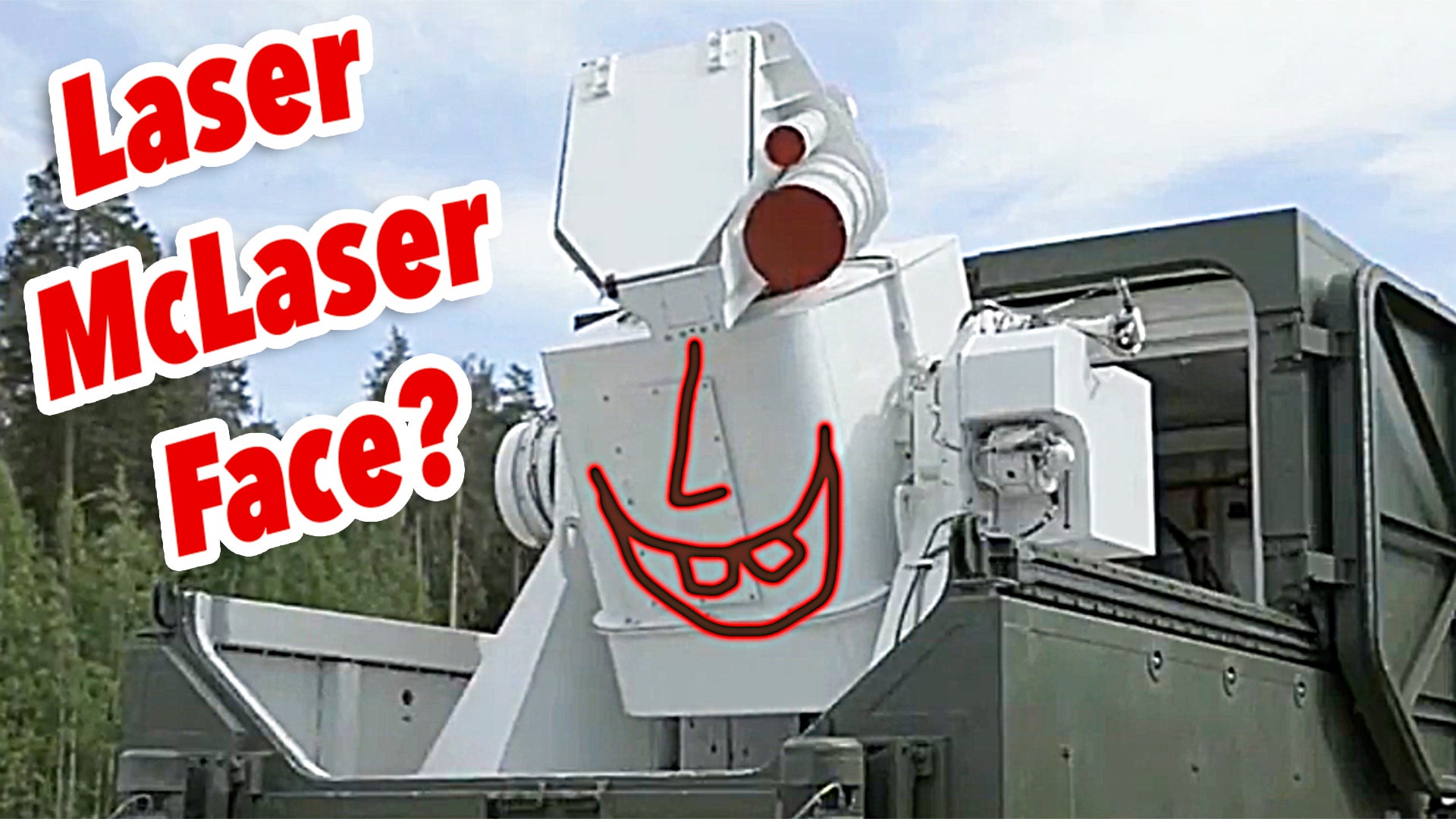Russia’s President Vladimir Putin says the country is well on its way to building an “invincible” arsenal of nuclear and other advanced weaponry, but there is at least one problem the Kremlin still needs to fix. The country’s future nuclear-powered cruise missile, nuclear-armed undersea drone, and point-defense laser don’t have catchy names yet. But now you can go online and offer your own suggestions!
Hours after Putin’s annual state-of-the-nation address in Moscow on March 1, 2018, the Russian Ministry of Defense switched on a web portal where you can submit suggested monikers for any of the three new weapon systems. At the time of writing, the site only asks for an Email address as means of identification, but not knowing who might be collecting that information on the other end, we’re a bit loathe to try it out ourselves.
It’s not clear if there is an existing convention for the names Russians have given to the strategic weapons. The RT-2 and RS-12 series of intercontinental ballistic missiles (ICBMs), and many of their derivatives, bear the name “Topol,” or poplar tree, which is possibly a visual reference. The still-in-development RS-26 is called the “Rubezh,” meaning limit or boundary. The Russians dubbed the larger RS-28, which will enter service around 2021, the “Sarmat,” after the ancient Sarmatians. Some of the country’s smaller conventional systems do have more uniform naming schemes, such as anti-ship missiles, which have all received stone names in the past, such as Granite, Onyx, and Basalt.
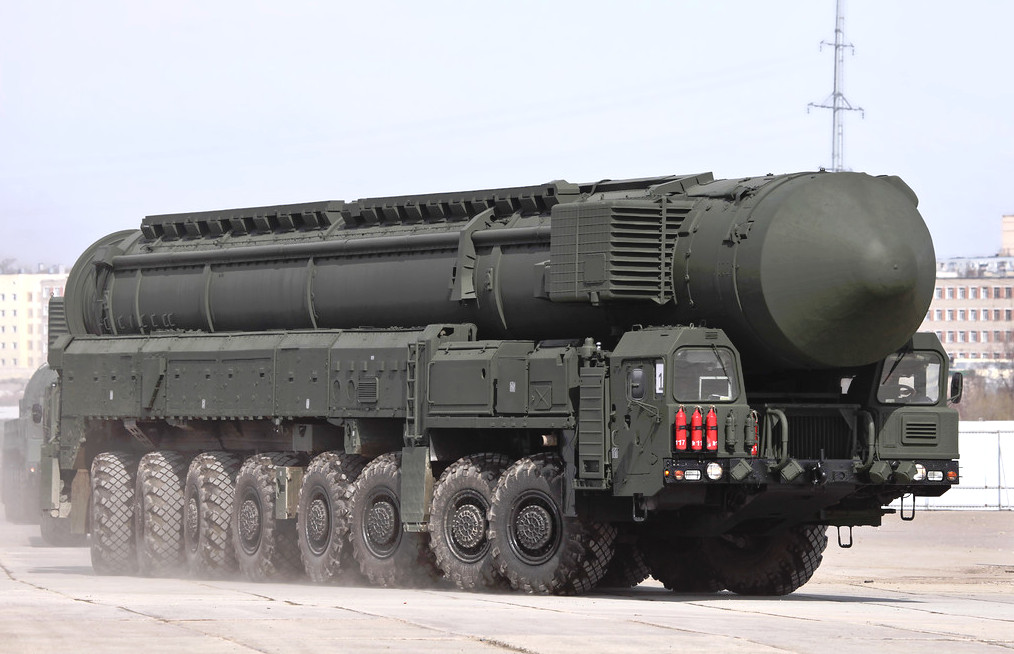
But without any other apparent means of filtering submissions, though, the Russians might end up with more than they bargained for. Certain groupings on the internet have repeatedly found ways to manipulate these sorts of contests.
Famously – or infamously, depending on how you might look at it – in 2009, late-night talk show host Stephen Colbert asked his audience to vote for “Colbert” in an online contest to choose the name for NASA’s Node 3 module for the International Space Station (ISS). Colbert surged to the top and other groups followed suit to try and get NASA to pick their own joke names.
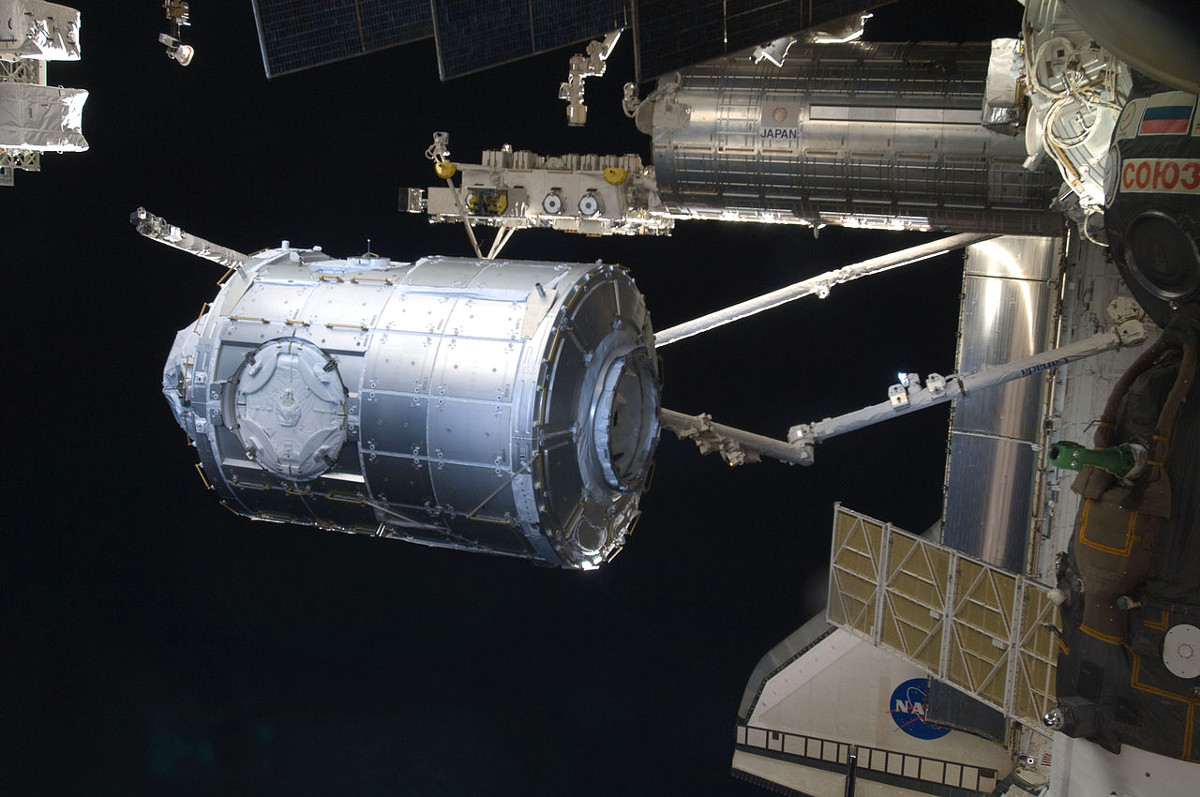
NASA eventually rejected the submission, naming the module Tranquility. The U.S. space agency still honored the comedian by crafting a clever name for a treadmill astronauts would use on the ISS to exercise, calling it the Combined Operational Load Bearing External Resistance Treadmill, or COLBERT.
A similar situation occurred again in 2016, when the United Kingdom’s Natural Environment Research Council (NERC) announced it too would hold an open online poll to name a new research vessel. In that instance, Boaty McBoatface became the favorite, prompting a scandal that involved the country’s government. NERC eventually named the ship after famed naturalist and television personality Sir David Attenborough, but still gave the joke name to an unmanned underwater research vehicle.
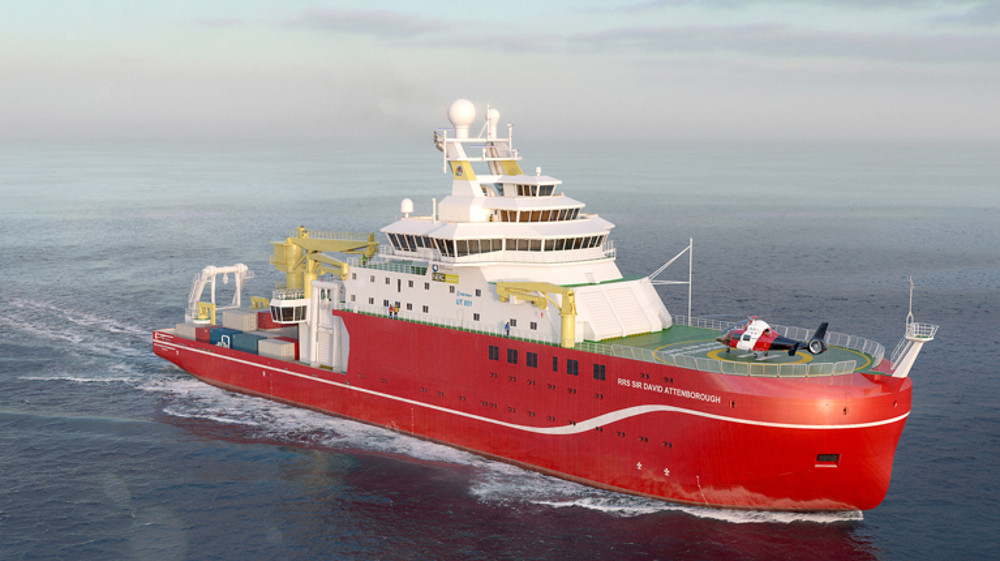
Despite the obvious lessons, these public polls keep happening, with predictable results. In January 2018, a new controversy erupted in Australia after authorities in New South Wales announced one of six new ferries would actually get the name Ferry McFerryface. Reports later suggested that they had deliberately chosen the name as a joke at the expense of more serious monikers.
But Putin was probably thinking about the U.S. Air Force’s contest to name the B-21 stealth bomber when he first suggested there could be a popular contest to name the weapon systems during his speech. In September 2016, the service announced it would call the B-21 the Raider, in honor of the Doolittle Raiders who bombed Japan early in World War II to avenge the sneak attack on Pearl Harbor.
That contest was only open to members of the Air Force and it still could not escape joke submissions. Using the Freedom of Information Act, I, along with others, secured the full list of rejected names shortly after the official announcement.
The list included a number of variations on the Boaty McBoatface theme, including Bomber McBombface. There were dozens of others, including Baconator, Badasswhoopass, Zoomfist, Chuck Norris, and Rainbow Dash.
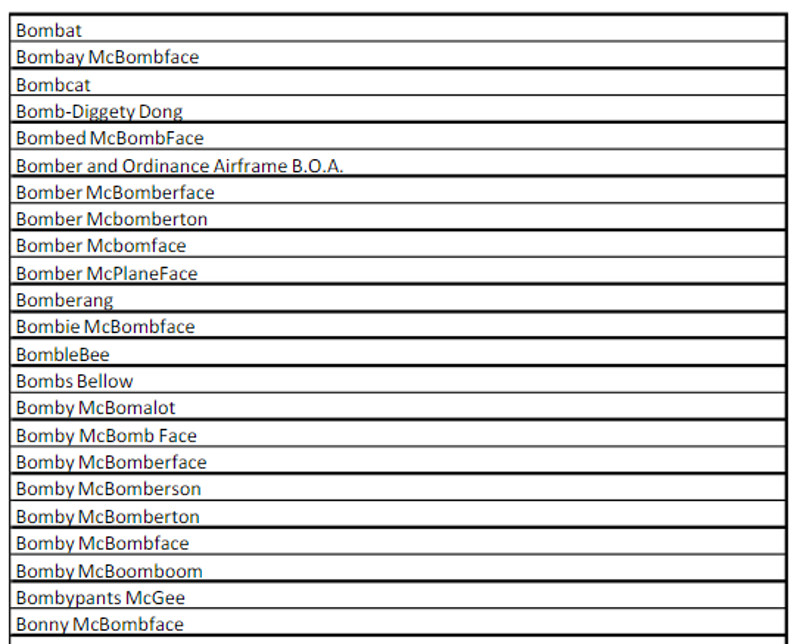
Some individuals used the form to express their discontent with Air Force’s priorities, writing in suggestions such as “YouThinkWeWastedMoneyOnTheF35,hahahahahaha!!!” and “Do We Really Have The Funding For This.” Particularly poignant was “THIS is why we can’t have nice stuff at the Deid,” a reference to Al Udeid Air Base in Qatar, which at the time had notoriously poor living conditions.
It’s seems unlikely that the Russia will ever release the names it rejects, especially if anyone dares to use them to make jokes at the government or Putin’s expense. But it’s hard to believe someone hasn’t already proffered up “Missile McMissileface,” “Droney McDroneface,” and “Laser McLaserface,” as suggestions.
Contact the author: joe@thedrive.com
